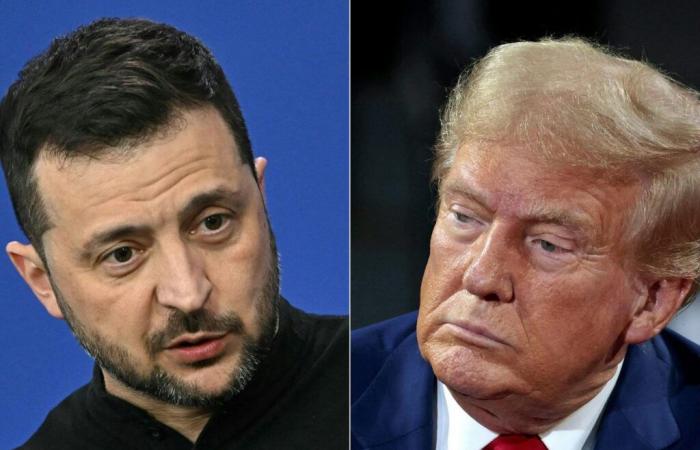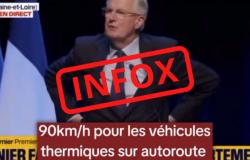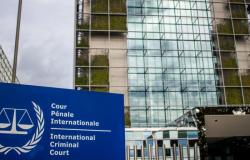
NNovember 2013: a nuclear agreement between Western powers and Iran is in sight on the shores of Lake Geneva. But then-French Foreign Minister Laurent Fabius joined the negotiation, blocked the emerging consensus between the parties and presented additional demands. The discussions will conclude a little later, but on a more satisfactory basis, the Americans having in the meantime taken on board France’s proposals. [l’accord final impose notamment à l’Iran une limitation à 5 % de son enrichissement d’uranium].
What does this have to do with the Ukrainian affair at the end of 2024, the day after Donald Trump’s electoral victory? Today, like yesterday, it is the United States that actually decides: this was already the case with Barack Obama, a priori even more so with Trump. Today as yesterday, despite the rantings of which Paris, in particular, is never stingy, the Europeans must be content with a secondary role, not necessarily negligible as we have just recalled for the nuclear agreement with Iran .
With regard to Ukraine, it could have been different if, as early as January or February, the major European capitals had been capable of taking strong decisions in terms of arms transfers: massive joint orders for missiles by Paris and London to the Franco-Italian-British company MBDA, deliveries of German Taurus missiles to Ukraine, to take two examples. But that was not the case. Historians will judge.
Avoiding a new Munich
A major difference between Iran in 2013 and Ukraine in 2024 is that, in the first case, the negotiation “format” included the Europeans. If a negotiation opened tomorrow on Ukraine – and we know that Donald Trump is keen to resolve the Ukrainian problem before he takes office in January 2025 – there is every chance that the Europeans would find themselves marginalized.
The first challenge posed to Europeans by the return of Donald Trump is this: how to influence Washington to avoid a new Munich [en référence aux accords signés en 1938 entre l’Allemagne nazie, l’Italie fasciste, la France et le Royaume-Uni, afin d’éviter la guerre, qui éclatera quelques mois plus tard…]which would profoundly affect the interests of the Old Continent?
Let us clarify our feeling: the probability that a Russian-American agreement will be reached is not assured; Vladimir Putin may not be able or even willing to conclude such an agreement. But we can trust him to exploit an American opening, at least in the sense of worsening the situation. Europe would potentially have a lot to lose in either scenario.
You have 57.11% of this article left to read. The rest is reserved for subscribers.





